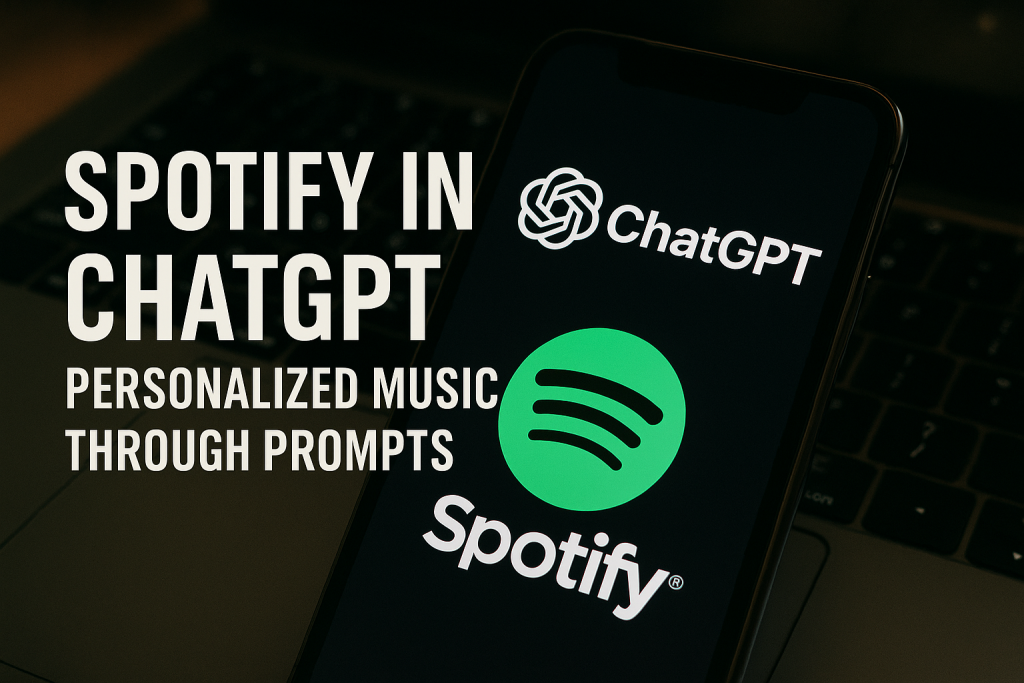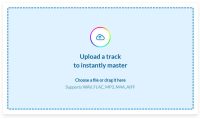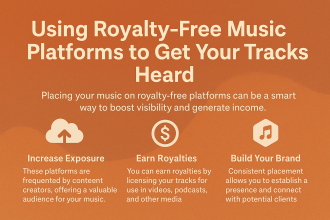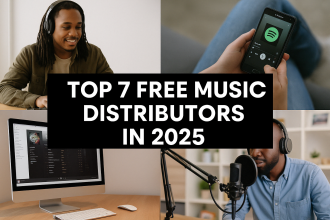Spotify has just taken a bold step in reshaping music discovery. With the new Spotify in ChatGPT integration, Premium users can now describe what they want in plain language — a mood, an activity, even a specific vibe — and Spotify generates a tailored selection of music instantly.
This guide explores how the feature works, what it means for free vs. Premium users, why Spotify is investing in conversational discovery, and what the risks and opportunities are for artists and listeners alike.

How Does Spotify in ChatGPT Work?
The integration is simple, but its implications are powerful.
- Triggering Spotify inside ChatGPT
When you type a prompt beginning with “Spotify…” inside ChatGPT, the model detects it. First-time users are asked to link their Spotify account. - Opt-In Only
This connection is optional. You decide whether to activate or deactivate Spotify in ChatGPT at any time. - Making Requests
Once enabled, you can request songs, albums, artists, or playlists. But the magic lies in natural language prompts: “Spotify, create a playlist for a rainy Sunday afternoon,” or “Give me upbeat tracks for a late-night workout.” - Free vs. Premium Experience
- Free users: They get redirected to existing editorial or algorithmic playlists such as Discover Weekly or New Music Friday.
- Premium users: They unlock fully personalized responses, where Spotify curates a mix specifically based on the details of the prompt.
- Seamless Listening
Once ChatGPT suggests music, a click opens the track or playlist directly in your Spotify app.
Why Is Spotify Doing This?
Spotify’s strategy goes beyond novelty — it touches on deeper industry trends.
Humanizing Discovery
Instead of scrolling endlessly, you talk to Spotify like you would to a friend. Conversational discovery is more intuitive than browsing menus or typing keywords.
Boosting Engagement
The easier it is to find the right track, the longer users stay engaged. This integration could reduce skipping rates and increase retention, two key metrics for Spotify.
Premium Differentiation
Spotify needs to keep pushing unique features for subscribers. Personalized prompts give Premium users something that free listeners don’t get, reinforcing the subscription model.
Data and Trust
Spotify emphasizes that no audio or video content is shared with OpenAI. Only the request itself is processed, which reassures users concerned about privacy.
Benefits for Listeners
- Precision: Instead of relying on pre-built playlists, you describe exactly what you want.
- Time Saving: No more searching for hours — your playlist appears in seconds.
- Contextual Discovery: Whether it’s studying, gaming, or traveling, prompts adapt to your situation.
- Personal Connection: The process feels closer to chatting with a human DJ than using an algorithm.
Risks and Limitations
Generic Recommendations
If Spotify lacks enough personal data or context, some responses may still feel broad or repetitive.
Echo Chambers
Over-personalization risks narrowing your exposure to new artists. This could trap users in musical “bubbles,” limiting diversity.
Artist Visibility
Independent artists worry that conversational recommendations could favor mainstream catalogues. As Pitchfork notes, AI curation already fuels debates about fairness and exposure.
What It Means for Artists
- New Discovery Channels: Getting placed in conversational playlists could become as important as landing in editorial playlists.
- Algorithmic Transparency: It’s still unclear how prompts will be translated into recommendations. Will it prioritize genre tags, recent listening, or major label partnerships?
- Opportunity for Niche Genres: Prompts like “lo-fi beats for rainy nights” or “Afro House sunset vibes” could surface underground tracks more easily — if Spotify’s algorithm handles them well.
Conclusion
The launch of Spotify in ChatGPT is not just another feature — it’s a step toward conversational streaming, where discovery feels more natural and human.
For listeners, it means less friction and more personalization.
For artists, it introduces a new frontier in algorithmic visibility — one where being “prompt-friendly” could make or break discoverability.
Whether it becomes a true revolution or just a novelty will depend on how Spotify balances personalization with diversity. For now, it’s a fascinating glimpse into the future of music streaming.
![]()














